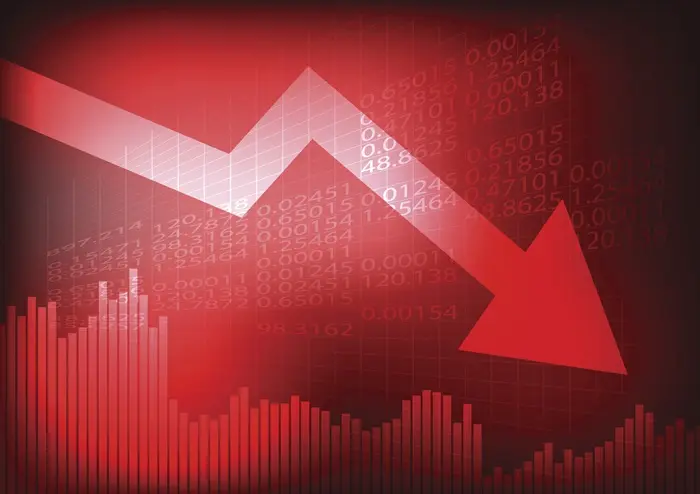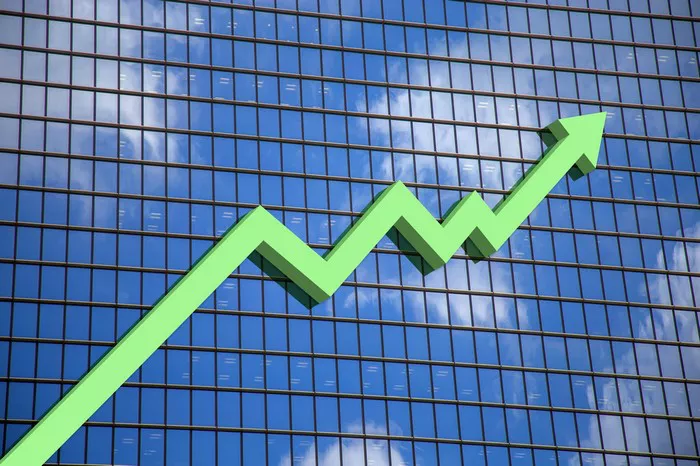An unusual spike in long-term Treasury yields following President Trump’s tariff “liberation day” has unnerved investors, and the catalyst behind this turmoil could have ripple effects across the financial ecosystem.
As of Wednesday’s close, the 10-year Treasury yield (^TNX) rose another 14 basis points to around 4.40%, despite Trump’s announcement of a 90-day suspension of reciprocal tariffs on some countries and increased tariffs on China. This represents a sharp 53 basis point swing in yields from Monday’s low of 3.87%, marking the largest three-day increase since December 2001.
The 30-year Treasury yield (^TYX) rose slightly on the latest tariff news, but still rose 8 basis points after posting its largest increase since March 2020 earlier this week. After the close, the 30-year Treasury yield was at 4.79%.
Yields and bonds move inversely, meaning that rising yields equal falling bond prices.
“The moves by the stock and bond vigilantes suggest that the Trump administration may be playing with ‘liquid nitro,'” Ed Yardeni, president of Yardeni Research, said in a research note published Tuesday. “The capital markets may be about to explode with some turmoil due to the pressure caused by the Trump administration’s trade war. If that is the case, then the S&P 500 will definitely fall into a bear market.”
On Wednesday, President Trump acknowledged that he had been paying attention to the recent surge in yields, telling reporters on the White House lawn: “The bond market is very tricky. I have been watching it. But if you look at it now, it is beautiful.”
“Everyone was a little uneasy last night,” he added. “I didn’t make a big move today, but I did it on Liberation Day.”
It is worth noting that the recent surge has brought the 10-year Treasury yield back to the level of late February.
“Something is broken”
The bond market acts like a “cash collateral” for investors, who can borrow money to bet on riskier assets such as stocks. The bond market is also seen as a safe haven in uncertain times. The term “safe haven” has become a buzzword these days, as Wall Street remains concerned that a shifting trade dynamic could trigger a self-inflicted recession.
That’s why the yield movement is so confusing. With tariff and recession headlines swirling around the market, investors should (in theory) be buying more bonds to protect themselves from surging inflation and slowing economic growth.
Dramatically, that’s not the case. So what’s going on?
“Something went wrong in the bond market tonight,” market veteran Jim Bianco said in a post on X late Tuesday. “We are experiencing a disorderly liquidation. If I had to guess, basis trades are unwinding across the board.”
Basis trades are a highly leveraged trading strategy, most commonly used by hedge funds, in which traders try to profit from the tiny price gaps between Treasury futures and actual government bonds.
The basic idea is to buy bonds at a lower price and “short” the more expensive futures contract, hoping that the two prices eventually merge.
Consider this: Let’s say you buy a concert ticket today for $100, but your friend agrees to pay $110 five days before the show. As the initial buyer, you know that the two prices will eventually merge as the concert approaches, allowing you to lock in that small $10 profit.
The problem is that hedge funds operate on a massive scale with borrowed money — sometimes with leverage as much as 100 times — which means that these small moves can lead to big losses if the spread widens.
Torsten Sløk, partner and chief economist at Apollo Global Management, said Tuesday that an “exogenous shock” such as tariffs or a recession could “quickly” unwind these highly leveraged positions and disrupt current market conditions. (Disclosure: Yahoo Finance is owned by Apollo Global Management.)
Meanwhile, if the supply of Treasuries expands due to a widening budget deficit or the Federal Reserve shrinking its balance sheet through quantitative tightening, that could also push down Treasury prices and “hurt the long side of the trade.”
But the unwinding of the basis trade isn’t the only worrying theory on Wall Street. There’s also the worry that foreign investors could start selling their Treasuries.
“Given all this back-and-forth with China, there’s a chance they’ll stop buying and boycott our bonds,” Steve Sosnick, chief strategist at Interactive Brokers, said in a phone interview with Yahoo Finance’s Josh Shaffer on Tuesday. “Japan has the largest inventory of Treasuries, but China has been a big buyer of them. What happens if that source of foreign demand shrinks or dries up completely?”
In that scenario, the U.S. Treasury would have to issue bonds at higher rates to make up for the losses, Sosnick said: “Supply isn’t going to go down anytime soon, right? But you have to do something about demand.”
If markets have trouble pricing low-risk assets like Treasuries, “then they certainly won’t have an easy time pricing high-risk assets like stocks or cryptocurrencies or anything of that nature,” Sosnick added.
Related topics:


































